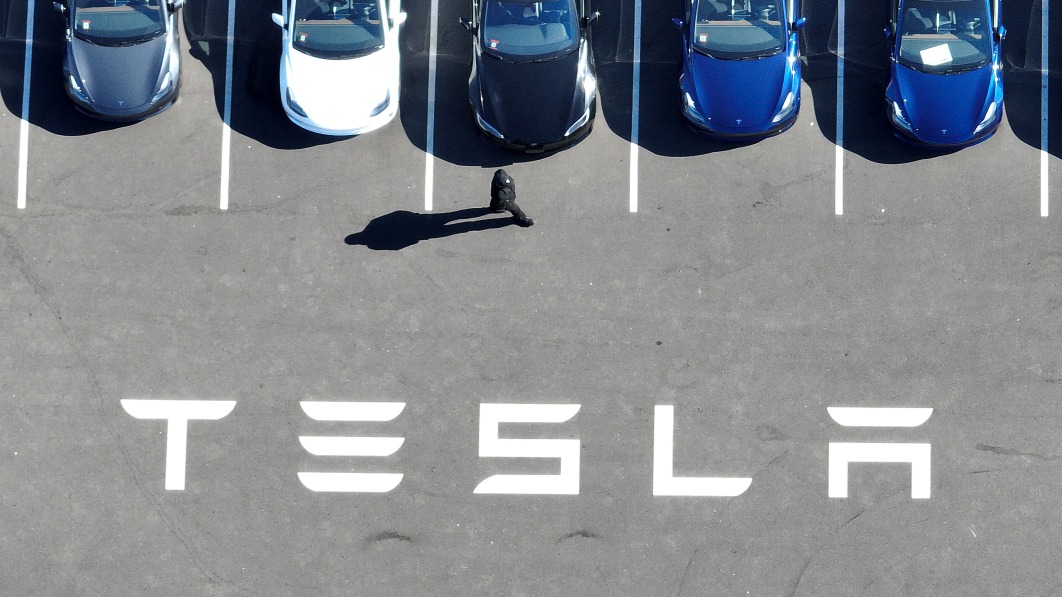SEOUL — In an upscale Seoul neighborhood two years ago, a white Tesla Model X smashed into a parking lot wall. The fiery crash killed a prominent lawyer – a close friend of South Korea’s president.
Prosecutors have charged the driver with involuntary manslaughter. He blames Tesla.
Choi Woan-jong, who had eked out a living by driving drunk people home in their own cars, says the Model X sped out of control on its own and that the brakes failed in the December 2020 accident.
The criminal trial about to begin in South Korea hangs on questions about the safety of Tesla cars, at a time when the EV maker faces a range of lawsuits and increased scrutiny by regulators.
Choi, 61, is now unable to find work as an independent driver, or what is known in Korea as a “replacement driver”.
He says he suffers flashbacks and depression ahead of a trial that pits his credibility against the world’s most valuable automaker.
“When I wake up, I feel abandoned, floating alone in the middle of the ocean,” said Choi, who underwent surgery after the crash for a ruptured intestine.
Tesla did not respond to written requests for comment about the crash and Choi’s case. A lawyer for the family of Yoon Hong-geun, who owned the car and died in the crash, declined to comment.
Choi’s case has drawn the attention of some safety advocates in South Korea who want to change a provision in the free trade agreement with the United States that exempts Tesla from local standards.
For instance, Tesla is not required to follow South Korean regulations that require at least one front-seat and back-seat door to have a mechanical failsafe because the U.S.-South Korea free trade agreement exempts carmakers with sales under 50,000 vehicles from local safety rules.
Tesla sold 17,828 vehicles in South Korea in 2021, registration data shows.
Park Keun-oh, an official from the Korea-U.S. FTA division of South Korea’s trade ministry, said the exemption clause requires Tesla to abide by American safety regulations, which do not require mechanical backup latch. Such latches allow doors to be opened even if the car does not have electrical power.
Park declined to comment further. The Office of the United States Trade Representative did not respond to requests for comment about the trade deal or the regulations.
Prosecutors say Choi floored the accelerator as he entered the garage of a Seoul apartment building, hitting 95 kph (60mph) before crashing. He denies that, saying the car’s…
Click Here to Read the Full Original Article at Autoblog…

